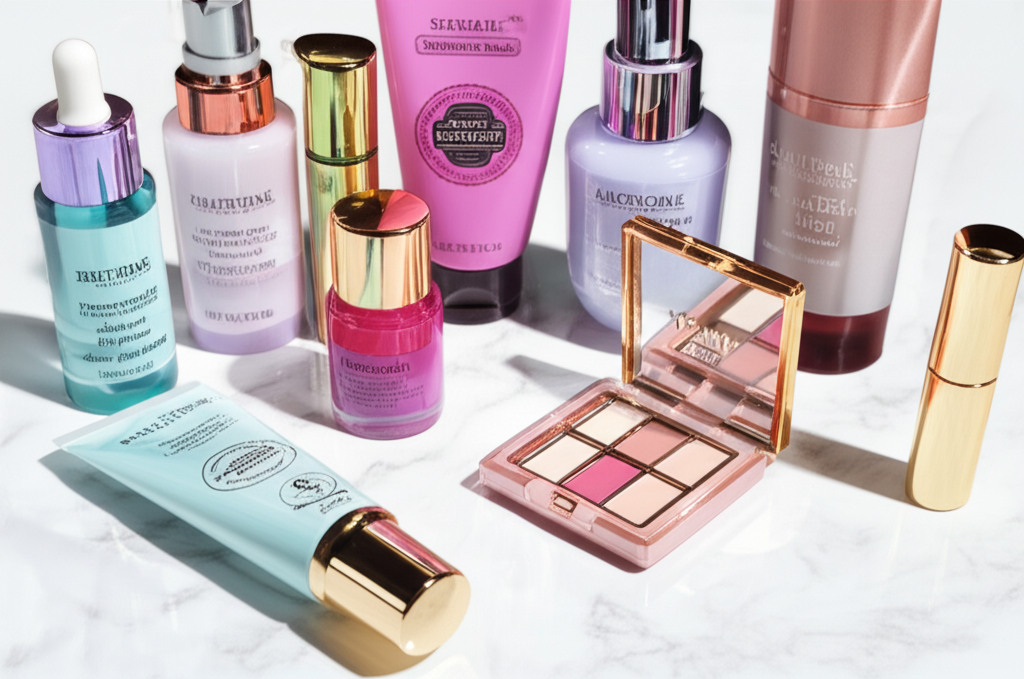
The global halal cosmetics and personal care industry is undergoing a transformation, fueled by shifting consumer priorities and ethical consumption trends. As awareness grows about product ingredients and manufacturing processes, both Muslim and non-Muslim buyers are increasingly opting for halal-certified beauty solutions that align with their values. This demand surge is reshaping market dynamics, with analysts projecting sustained expansion through the next decade.
Several converging factors are propelling this sector forward. Rising disposable incomes in Muslim-majority nations have created a more beauty-conscious consumer base seeking religiously compliant products. Simultaneously, the clean beauty movement has attracted environmentally aware shoppers to halal offerings, which typically avoid harmful chemicals and animal testing. Digital platforms have amplified this trend, with influencers showcasing halal beauty brands to global audiences. Manufacturers are responding with innovative formulations that meet both religious requirements and contemporary beauty standards.
Geographically, Southeast Asia and the Middle East currently dominate market share, supported by large Muslim populations and established halal certification systems. However, Western markets are showing remarkable growth as mainstream retailers incorporate halal lines. Europe’s Muslim demographic and North America’s diverse consumer base present significant opportunities. Industry leaders are expanding distribution channels, particularly through e-commerce platforms that facilitate global access to specialized products.
The sector does face challenges, including inconsistent certification standards across regions and higher production costs for compliant ingredients. Yet these hurdles are being addressed through industry collaboration and technological advancements in formulation. As ethical consumption continues gaining traction worldwide, halal cosmetics are positioned to transition from a niche segment to a mainstream beauty category, appealing to values-driven consumers across religious and cultural boundaries.